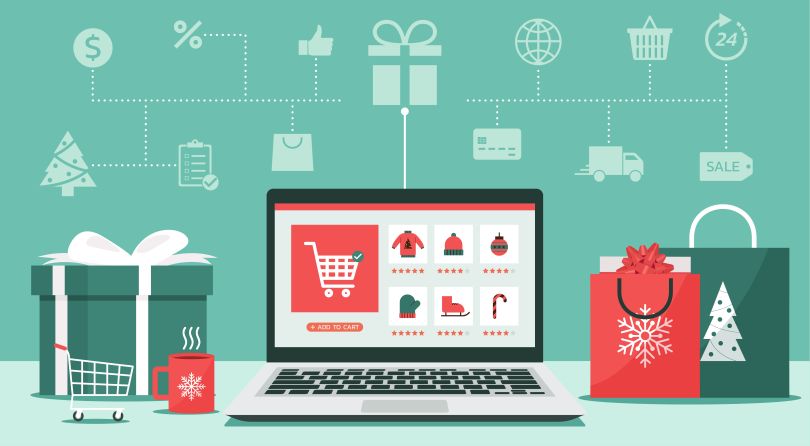Content
“A Christmas without fakes”

DPMA President advises Christmas shoppers to be cautious about counterfeits – product and trade mark piracy harms innovative companies and destroys jobs – European Police Office: consumers unknowingly support organised crime
Press release of 10 December 2024
Munich. On the occasion of this year’s Christmas season, Eva Schewior, President of the German Patent and Trade Mark Office (DPMA), draws attention to the risks from product and trade mark piracy, asking not to make things easy for the wrong people.
“Celebrate Christmas without fakes! With gifts, we want to make others happy. Yet, especially during the Christmas period, some online shops have seemingly good offers that then turn out to be low-quality counterfeits. Such fakes harm our economy, often endanger health and ultimately make no one happy. By buying original products, you can get your loved ones safe gifts without the risk of supporting organised crime.”
Scientific studies show that, in many cases, product and trade mark piracy supports organised crime, destroys tens of thousands of jobs in Germany and often endangers consumers’ health and safety.
The economic value of intellectual property is immense, especially in Germany: According to surveys by the European Union Intellectual Property Office (EUIPO), industries that are highly dependent on IP rights (patents, utility models, trade marks and designs) generate nearly half of Germany’s GDP. About one third of employment can be attributed to those industries. According to the EUIPO, between 2018 and 2021, German companies from the clothing, cosmetics and toy industries, which are particularly affected, lost almost four billion euros worth of revenues due to product and trade mark piracy. In addition, data show that counterfeits have been responsible for the loss of 40,000 jobs in these sectors.
According to the EUIPO, even though awareness about the damage caused by product and trade mark piracy is increasing, many consumers, especially young people, consciously buy counterfeits. A survey conducted by the EUIPO shows that almost four out of ten Germans aged 15 to 24 have intentionally bought counterfeited products online. If we look at all Germans, the share is 10%.
Copyright infringements are a widespread problem, too: Statistics show that, on average, German internet users illicitly access website content seven times per month and that 9% of all Germans have done so consciously at least once (young people: 12%). The use of illegal streaming services is particularly prevalent – even though, compared to the European average, their use is less common in Germany.
Furthermore, a current study by the EUIPO and Europol, the European Police Office, entitled “![]() Uncovering the ecosystem of Intellectual Property crime – A focus on enablers and impact” shows that sellers of counterfeits are often part of a network of organised crime. By buying such goods, consumers sometimes unintentionally support additional serious crimes such as cybercrime, money laundering and environmental crime. Criminal gangs even put falsified drugs and dietary supplements on the market. The EUIPO and Europol estimate that counterfeited goods account for approximately 5.8% of the trade in the EU.
Uncovering the ecosystem of Intellectual Property crime – A focus on enablers and impact” shows that sellers of counterfeits are often part of a network of organised crime. By buying such goods, consumers sometimes unintentionally support additional serious crimes such as cybercrime, money laundering and environmental crime. Criminal gangs even put falsified drugs and dietary supplements on the market. The EUIPO and Europol estimate that counterfeited goods account for approximately 5.8% of the trade in the EU.
For information on how to better protect yourself from product piracy, please click ![]() here:
here:
Bild: iStock.com/ST.art
Last updated: 2 February 2026

Not only protecting innovations
Social Media